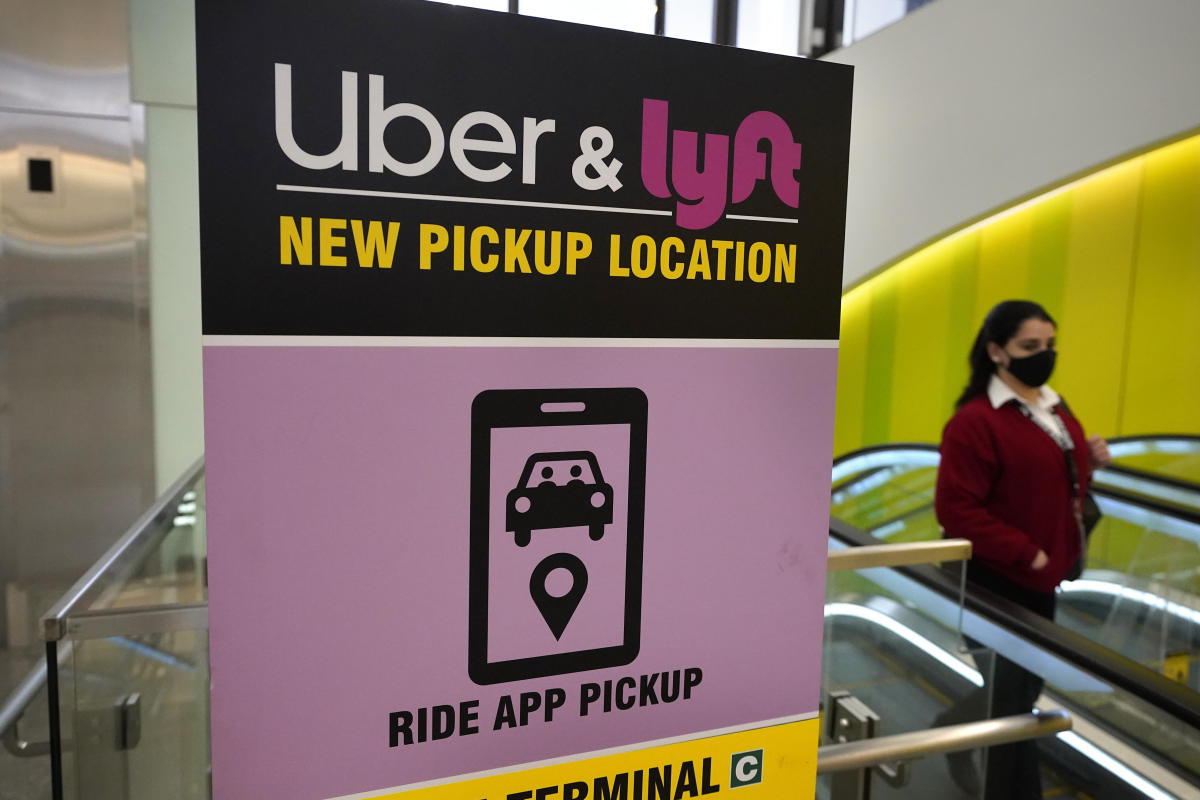
In a landmark agreement reached on June 27, 2024, Massachusetts Attorney General Andrea Joy Campbell announced that ride-hailing companies Uber and Lyft will pay their drivers a minimum wage of $32.50 per hour while actively transporting passengers or en route to pick them up. This deal comes after years of controversy over the classification and compensation of gig workers in the industry.
The agreement, which also includes benefits such as paid sick leave, occupational accident insurance, and health care stipends for eligible drivers, marks a significant shift in labor laws for these companies. The settlement resolves a lawsuit filed against Uber and Lyft by Massachusetts Attorney General Maura Healey in 2020.
The ranks of the 'digital working class' - who are paid by the job on various online platforms - have grown rapidly in recent years, and this deal could set a precedent for other states and industries. The fate of gig drivers here could have a major impact on their colleagues across the country.
Under this agreement, Uber and Lyft drivers will earn at least $32.50 an hour from the time they accept a ride request until they drop off passengers. This wage is set to increase by 3% annually starting in January 2025.
Additionally, drivers who work more than 15 hours a week for Uber and Lyft combined will have their health insurance premiums partially covered. Drivers working more than 25 hours a week will have their premiums fully covered by the companies.
Drivers will also earn one hour of sick time for every 30 hours worked, with a maximum of 40 hours of paid sick time per year. This benefit is in addition to the Massachusetts Paid Family and Medical Leave program, for which drivers will receive a stipend to help cover the cost.
The Massachusetts deal provides stronger benefits than similar agreements reached in Minnesota and New York, where drivers make a minimum of $26 an hour without health insurance. The agreement also allows drivers to unionize if they choose to do so.
Uber and Lyft have faced criticism for underpaying their drivers and denying them basic benefits. This settlement holds the companies accountable for these issues, providing their Massachusetts drivers with a guaranteed minimum wage, paid sick leave, occupational accident insurance, and health care stipends.
The agreement does not include delivery companies such as Instacart and DoorDash. However, it could pave the way for similar labor protections for gig workers in other industries.
This deal comes at a time when the gig economy is under increasing scrutiny, with many arguing that these workers should be classified as employees rather than independent contractors. The Massachusetts agreement represents a step towards addressing this issue and ensuring fair wages and benefits for gig workers.




